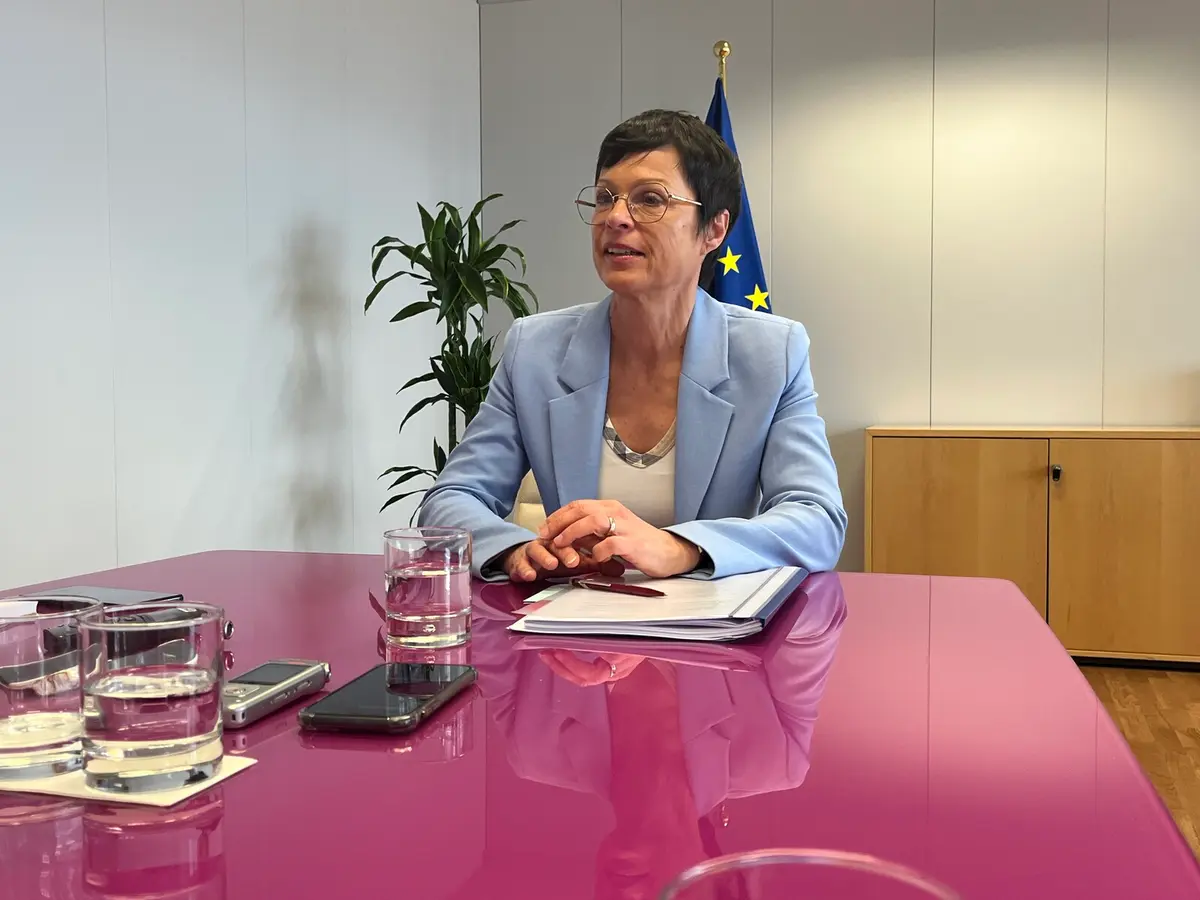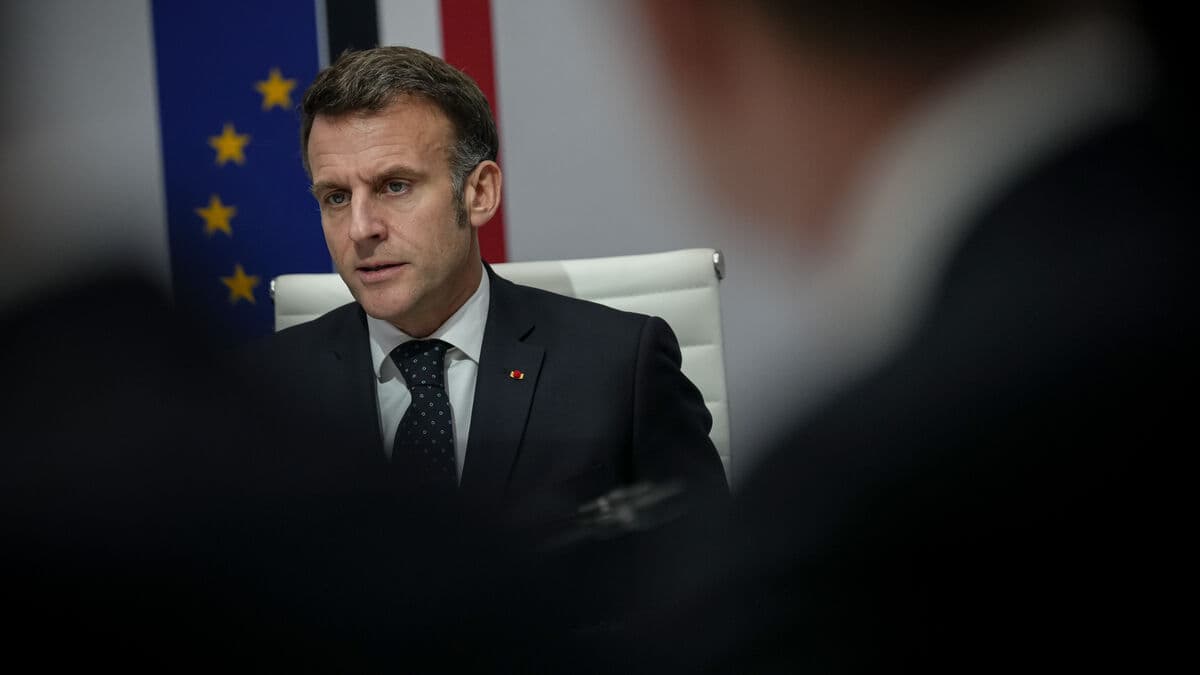In June last year, solemn events were held to formally launch Ukraine's and Moldova's EU membership negotiations. However, no real negotiations have yet begun – despite almost all 27 EU countries pushing for the opening of the first so-called negotiation chapters.
But Hungary is holding out. And that's enough.
We need unanimity. Right now, it's 26, notes EU Enlargement Commissioner Marta Kos in an interview with the European Newsroom (ENR), where TT participates.
Orbán says no
Formally, Hungary has objections to what it considers inadequate protection for the small Hungarian minority in Ukraine. At the same time, however, Prime Minister Viktor Orbán has clearly stated that he sees Ukraine in the EU as both dangerous and "devastating" for the economy.
Hungary's stubborn no makes Moldova wait as well, since their application process is linked to Ukraine's. So far, however, the EU Commission is not willing to let the Moldovans proceed on their own.
We see them as a pair and handle them as a pair. But we'll see what we can do in the future, says Kos.
Four new ones on the way?
While Ukraine and Moldova wait for their chapters, negotiations are currently underway at a rapid pace, particularly with Albania and Montenegro.
With Montenegro, which has all chapters open and some even provisionally closed, we can conclude the negotiations by the end of 2026 and then it will take another one to two years with the ratification process before they can become members, says Kos.
Albania's government vision, which we support, is to conclude the negotiations before the end of 2027. That means Albania can become a member, let's say after three years, by 2030. And I believe that's also realistic for Moldova and Ukraine, says the Enlargement Commissioner.
Easier than NATO
For Ukraine, EU negotiations are seen as part of the discussion on security guarantees being held within the framework of the peace talks that the US hopes to initiate with Russia.
EU membership could be a strong political part of these security guarantees. As it looks now, it's easier to become a member of the EU than NATO, says Marta Kos to European Newsroom.
The EU has expanded seven times since the then-West Germany, Belgium, the Netherlands, Luxembourg, France, and Italy signed the Paris Treaty on creating the so-called "coal and steel union" in 1951:
* January 1, 1973: Denmark, Ireland, and the United Kingdom
* January 1, 1981: Greece
* January 1, 1986: Portugal and Spain
* January 1, 1995: Finland, Sweden, and Austria
* May 1, 2004: Cyprus, Estonia, Latvia, Lithuania, Malta, Poland, Slovakia, Slovenia, the Czech Republic, and Hungary
* January 1, 2007: Bulgaria and Romania
* July 1, 2013: Croatia
Note: The entire Germany has been a member of the EU since October 3, 1990, when the former East Germany was incorporated. The United Kingdom left the EU on January 31, 2020.






